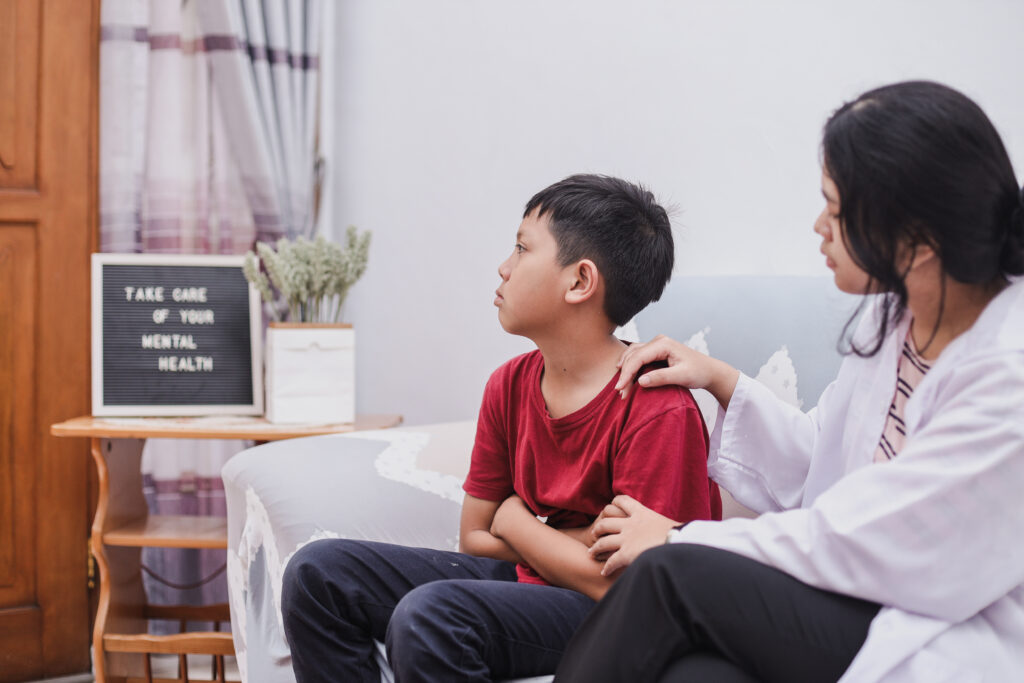Attention Deficit Hyperactivity Disorder (ADHD) is a complex neurodevelopmental condition that affects individuals across the lifespan. It is characterized by persistent patterns of inattention, hyperactivity, and impulsivity. Understanding ADHD and its treatment strategies is essential for individuals, families, and healthcare providers alike. In this comprehensive guide, we’ll delve into the intricacies of ADHD, Deel Behavioral Health’s specialized approach to treatment, and evidence-based strategies for success.
Definition and Types of ADHD
ADHD is not a one-size-fits-all condition; it manifests in various ways:
Predominantly Inattentive Presentation: People with this subtype often struggle with sustaining attention, completing tasks, and staying organized. They may appear forgetful and disorganized.
Predominantly Hyperactive-Impulsive Presentation: This subtype is characterized by hyperactivity and impulsivity without significant inattention. Individuals may struggle with restlessness and act impulsively without considering consequences.
Combined Presentation: The combined presentation includes a mix of inattention, hyperactivity, and impulsivity, making it the most common subtype.
Prevalence and Diagnosis
ADHD is more prevalent than you might think. It affects approximately 5-10% of children and 2-5% of adults globally. Diagnosis requires a comprehensive assessment by a healthcare professional, which may involve interviews, observations, and standardized rating scales. A thorough evaluation helps differentiate ADHD from other conditions with similar symptoms.

ADHD treatment combines therapy, medication, and lifestyle changes, benefiting millions.





Common Symptoms and Challenges
Common symptoms of ADHD include:
- Inattention: Difficulty sustaining attention on tasks, making careless mistakes, and losing things.
- Hyperactivity: Excessive fidgeting, restlessness, and difficulty staying seated.
- Impulsivity: Acting without thinking, interrupting others, and difficulty waiting for one’s turn.
These symptoms can lead to challenges in academic, occupational, and social settings.
Deel Behavioral Health Approach to ADHD
Specialization in ADHD Treatment
Deel Behavioral Health has a proven track record of specializing in ADHD treatment. Our focus on this specific condition allows us to provide tailored care that meets the unique needs of individuals with ADHD.
Multidisciplinary Team and Expertise
- Psychiatrists: Who can prescribe and manage medication when necessary.
- Psychologists: Who provide therapy and behavioral interventions.
- Therapists: Who offer support and teach coping strategies.
- ADHD Coaches: Who work with individuals to develop practical skills for managing daily challenges.
Personalized Treatment Plans
No two individuals with ADHD are alike. That’s why we emphasize personalized treatment plans. These plans consider the individual’s symptoms, strengths, and challenges, ensuring the most effective and tailored approach to care.
Evidence-Based ADHD Treatments
Medication Options
Medications are a cornerstone of ADHD treatment:
- Stimulant Medications: These drugs, such as methylphenidate and amphetamines, can improve focus and reduce impulsivity. They are often the first-line treatment for ADHD.
- Non-Stimulant Medications: In cases where stimulants are not suitable or effective, non-stimulant medications like atomoxetine or guanfacine may be prescribed.
Behavioral Therapies
Behavioral therapies are essential components of ADHD treatment:
- Cognitive Behavioral Therapy (CBT): CBT helps individuals identify and challenge negative thought patterns, develop coping strategies, and improve executive functioning skills like planning and organization.
- Behavioral Modification Techniques: These techniques involve setting clear goals and using rewards and consequences to shape behavior positively. This can be particularly effective for children and adolescents.
Alternative Therapies
In addition to traditional treatments, some individuals explore alternative approaches:
- Neurofeedback: This technique aims to regulate brain activity and improve focus by providing real-time feedback on brainwave patterns.
- Diet and Nutrition: Some individuals find that dietary changes, such as reducing sugar and processed foods and increasing omega-3 fatty acids, can have a positive impact on ADHD symptoms. However, the effectiveness of dietary interventions varies from person to person.
Holistic Approaches to ADHD Management
Lifestyle Changes
- Sleep Hygiene: Establishing a consistent sleep schedule and creating a sleep-conducive environment can help individuals with ADHD get the rest they need.
- Exercise and Physical Activity: Regular physical activity has been shown to improve focus, reduce hyperactivity, and enhance overall well-being.
- Stress Reduction Techniques: Mindfulness meditation, yoga, and relaxation exercises can help individuals manage stress and anxiety, which often co-occur with ADHD.
Support Systems
- Family Involvement: ADHD doesn’t just affect the individual; it impacts the entire family. Education and support for family members can improve understanding and create a more supportive environment.
- Educational Support: Schools can provide accommodations and individualized education plans (IEPs) to support students with ADHD. Teachers and school counselors can also play a crucial role in a child’s academic success.
- ADHD Coaching: ADHD coaches work one-on-one with individuals to develop practical skills and strategies for managing daily challenges. They can be valuable allies in the journey to success.
Coping Strategies for ADHD
Time Management and Organization Techniques
Effective time management and organization can significantly improve daily functioning:
- Use of planners and calendars to track appointments and deadlines.
- Breaking tasks into smaller, manageable steps to prevent feeling overwhelmed.
- Creating daily routines and sticking to them to establish structure and predictability.
Effective Communication Skills
Clear communication is vital for individuals with ADHD:
- Being open and honest with family, friends, and colleagues about one’s ADHD.
- Advocating for specific accommodations or support when needed.
- Practicing active listening to enhance understanding in social interactions.
Managing Impulsivity and Hyperactivity
Managing impulsivity and hyperactivity can be achieved through various techniques:
- Mindfulness practices: Techniques like deep breathing and meditation can help individuals become more aware of their impulses and learn to pause before acting.
- Behavioral strategies: Techniques like self-monitoring and self-reinforcement can be used to redirect impulsivity into more constructive behaviors.
Got questions about ADHD treatment? Check out our FAQs for answers!
Can ADHD be outgrown with age?
ADHD is a lifelong condition. However, symptoms may change over time, and many individuals learn effective strategies to manage their ADHD as they get older.
Is medication the only treatment option for ADHD?
No, medication is one of several treatment options. Behavioral therapies, lifestyle changes, and alternative approaches can also be effective, either alone or in combination with medication.
Are there specific diets that can help manage ADHD symptoms?
While there’s no one-size-fits-all diet for ADHD, some individuals find that dietary changes, such as reducing sugar and processed foods and increasing omega-3 fatty acids, can have a positive impact on their symptoms.
Can adults be diagnosed with ADHD, or is it only a childhood condition?
Adults can be diagnosed with ADHD. In fact, many individuals may not receive a diagnosis until adulthood when symptoms become more apparent in certain life situations.
What should I do if I suspect my child has ADHD?
If you suspect your child has ADHD, consult with a healthcare professional or a pediatrician. They can conduct a comprehensive evaluation and provide guidance on the next steps.
How long does it take to see improvements with ADHD treatment?
The timeline for improvement varies from person to person. Some individuals experience noticeable improvements within a few weeks, while others may require several months of treatment to see significant progress.
Conclusion
ADHD is a complex condition, but it can be effectively managed with a comprehensive approach that includes evidence-based treatments, holistic strategies, coping skills, and strong support systems. Deel Behavioral Health is committed to providing specialized care to individuals with ADHD, guiding them on the path to success and improved well-being.







